| I actually felt butterflies as my tuk tuk wound through the outskirts of Siem Reap, past local markets, dusty roads, and a wedding tent that took up the whole road and made us detour. It had been a year since I’d seen our beloved Jenny and Jenna and the rest of the children at the Children’s Improvement Organization here in Cambodia. When we pulled into their compound, I was greeted by dozens of little smiling faces and a big hug from Sitha, a wonderful, caring man who founded CIO along with his wife, who everyone calls “Mama.” | |
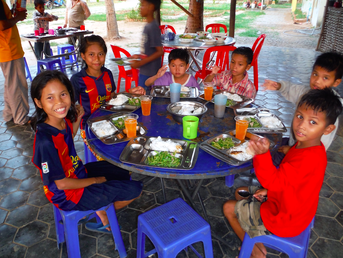
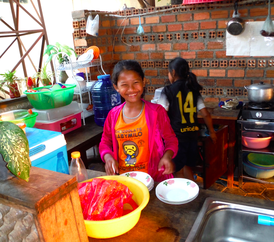
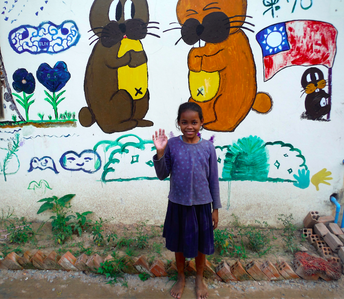
The soccer field was in full operation, a new volleyball court marked off in the sand, and the separate building with bathrooms was high class for rural Cambodia. There was a whole room with bicycles so the middle and high schoolers could peddle to the school 10 kilometers away every day, as there was no bus. The elementary school kids had an easy 5-minute walk in their blue uniforms and white shirts. The school day was spilt into morning and afternoon sessions in Cambodia with children attending one or the other, so kids were spilling as Sitha and I talked. Each child as they came home walked up to us, bowed and put their hands to their foreheads as is the custom of respect, and said hello and reported they just returned from school in English. Respect, manners, and discipline are integral to the lessons Sitha teaches them, and English is also vital if they hope to get good jobs above manual labor, like working in a hotel or restaurant with tourists for $150 a month or so if they’re lucky.
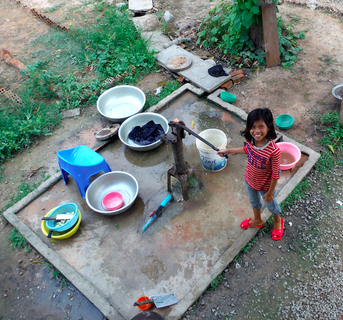
When dinner was ready, the children took out metal folding tables and plastic chairs and set them up on the concrete deck under the main pavilion. Some of them set the tables while others poured drinks into little plastic cups or took out metal cafeteria trays. Mama scooped the food onto each tray. There was white rice, green beans with chopped pork, and Lok Lak, a Khmer treat of beef in sauce, tomato and onion, and egg. I realized it was a feast to celebrate my visit; they couldn’t always eat that well, and many people here lack meat in their daily meals.
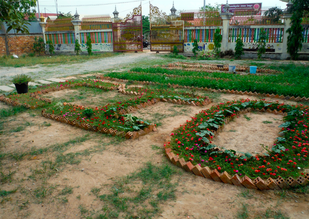
We ate among the sounds of children’s’ laughter, but at the adult table Sitha gave me a sketch on the history and culture of Cambodia. He explained that Siem Reap province, despite being the top tourist destination in the country, was the poorest province in Cambodia (which is saying a lot). In fact, the home to Angkor Watt – one of the wonders of the world and an UNESCO world heritage site – brought in a ton of revenue, but the regular people never saw a penny of it. All of the hotels, bars, and restaurants were owned by rich foreigners or a small number of elite Khmer families and the rights to profit from Angkor Watt had been sold to a Vietnamese tycoon in 2004, in one of the most glaring cases of political corruption for profit I can fathom.
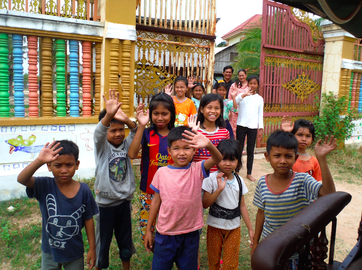
“You don’t say goodbye, only ‘see you later’” Sitha called out, reminding me of what I wrote about the orphanage in my blog a year earlier.
“Here you go Sitha, this will help,” I said, handing him a stack of crisp $100 bills, enough money to pay the upcoming 3-month lease that was hanging over them. I explained that I wasn’t the generous one; most of it came from donations from sweet, caring friends in the United States who had never even been to Cambodia or seen the kids.
As I left, the children lined up and waved, running behind the tuk tuk. I hoped to visit one more time before I left Cambodia, or maybe it would be another year before I got to see them all again, but I was heartened knowing they were all safe and happy and in great hands.
-Norm :-)
P.S. Drop me an email if you'd like to help the children of C.I.O.
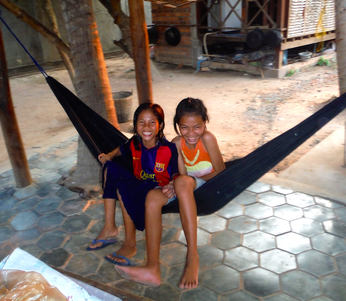
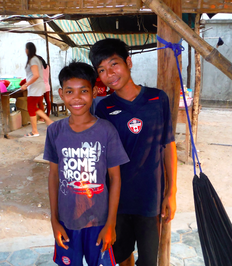

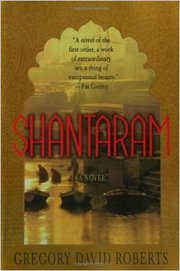


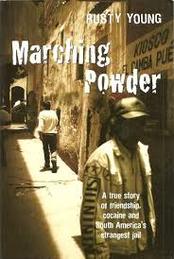


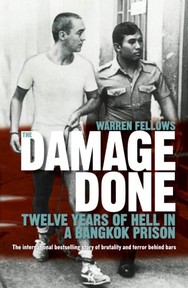
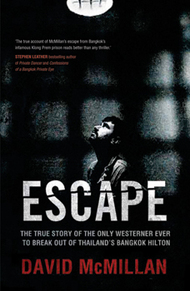


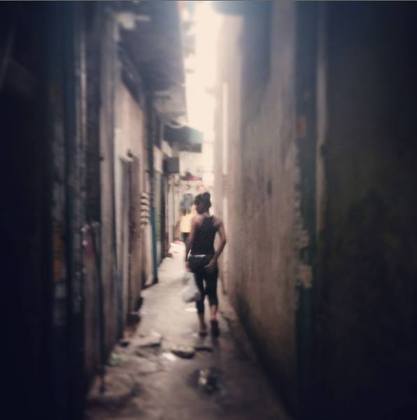
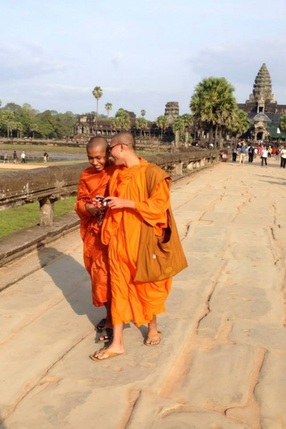
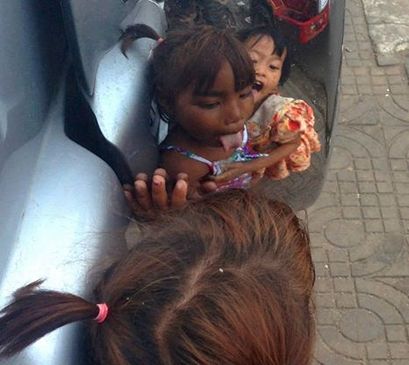
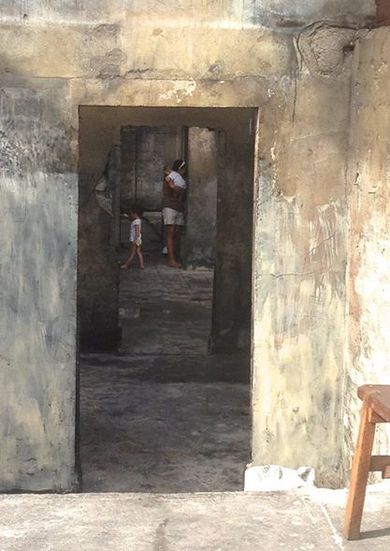

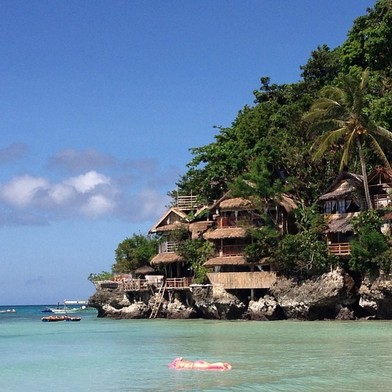
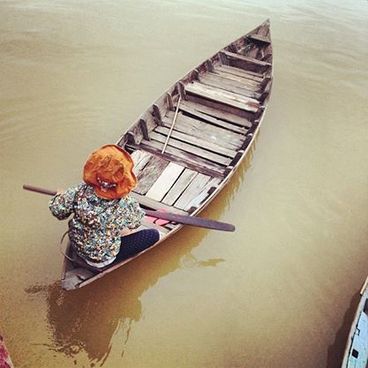

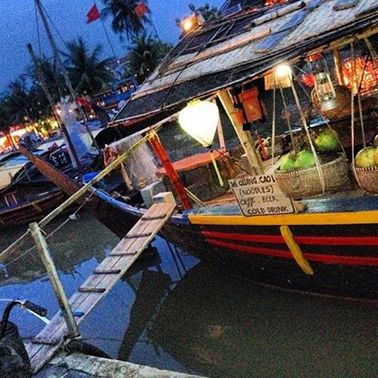

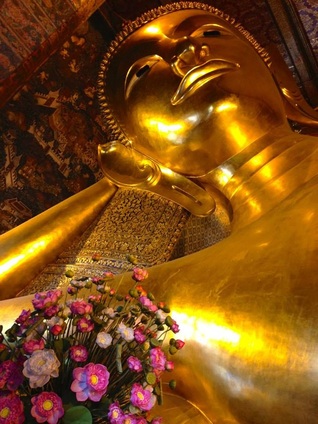
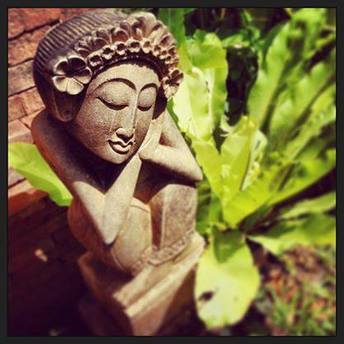
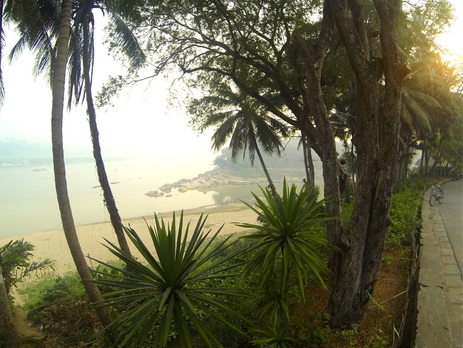
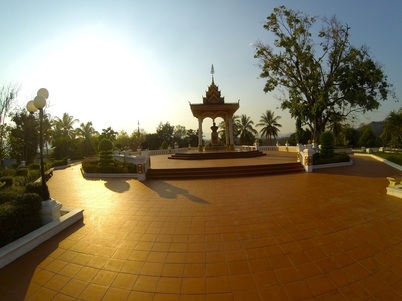
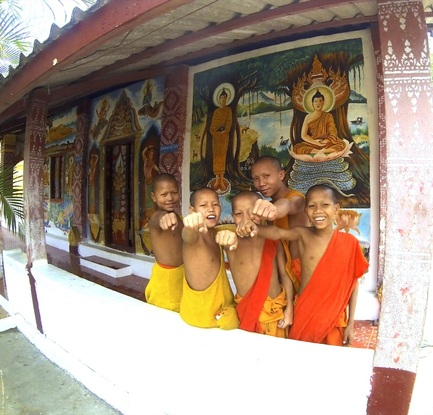
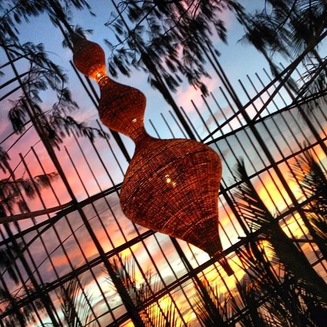
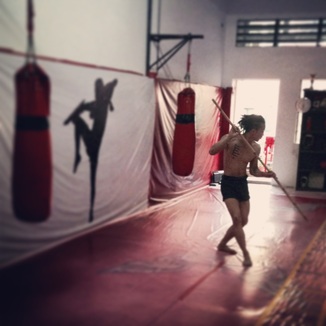
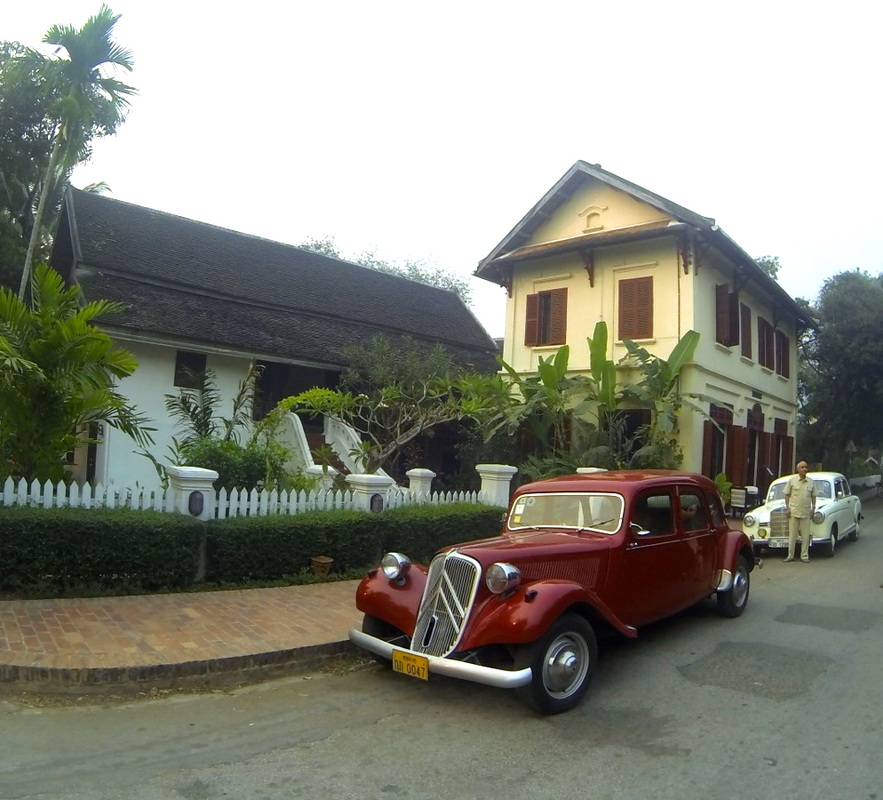
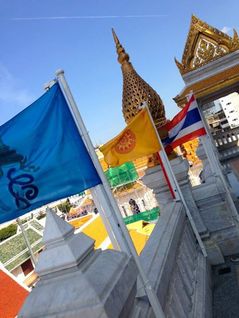



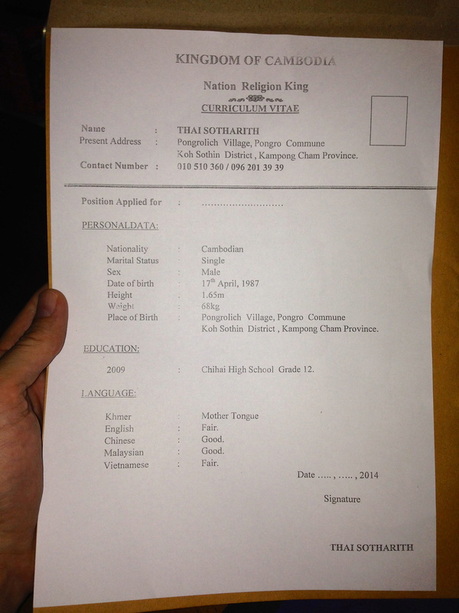
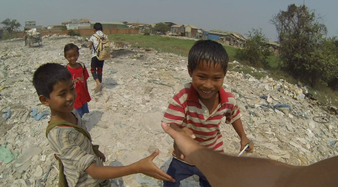
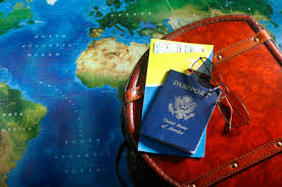
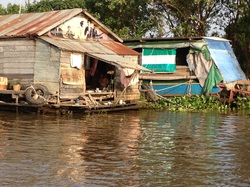
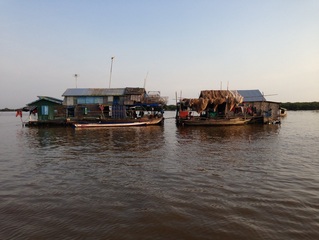


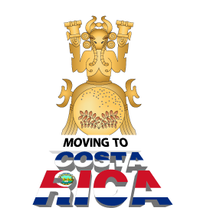
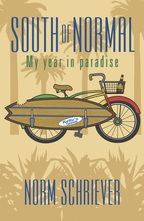
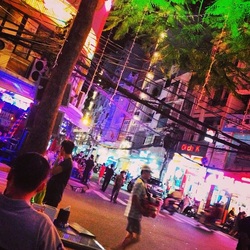

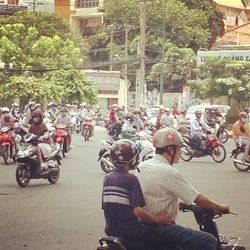
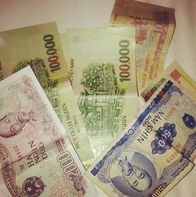

 RSS Feed
RSS Feed